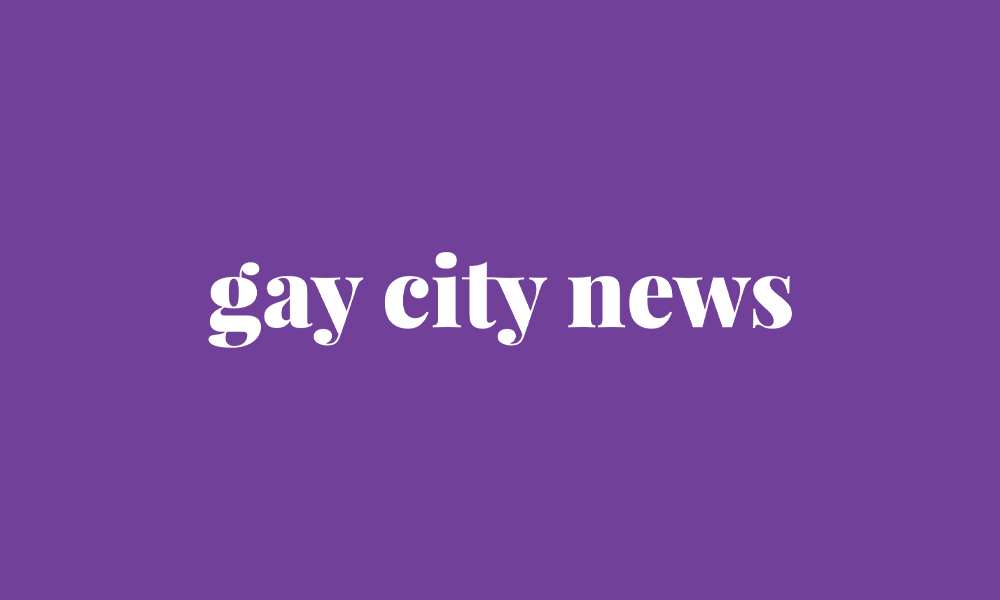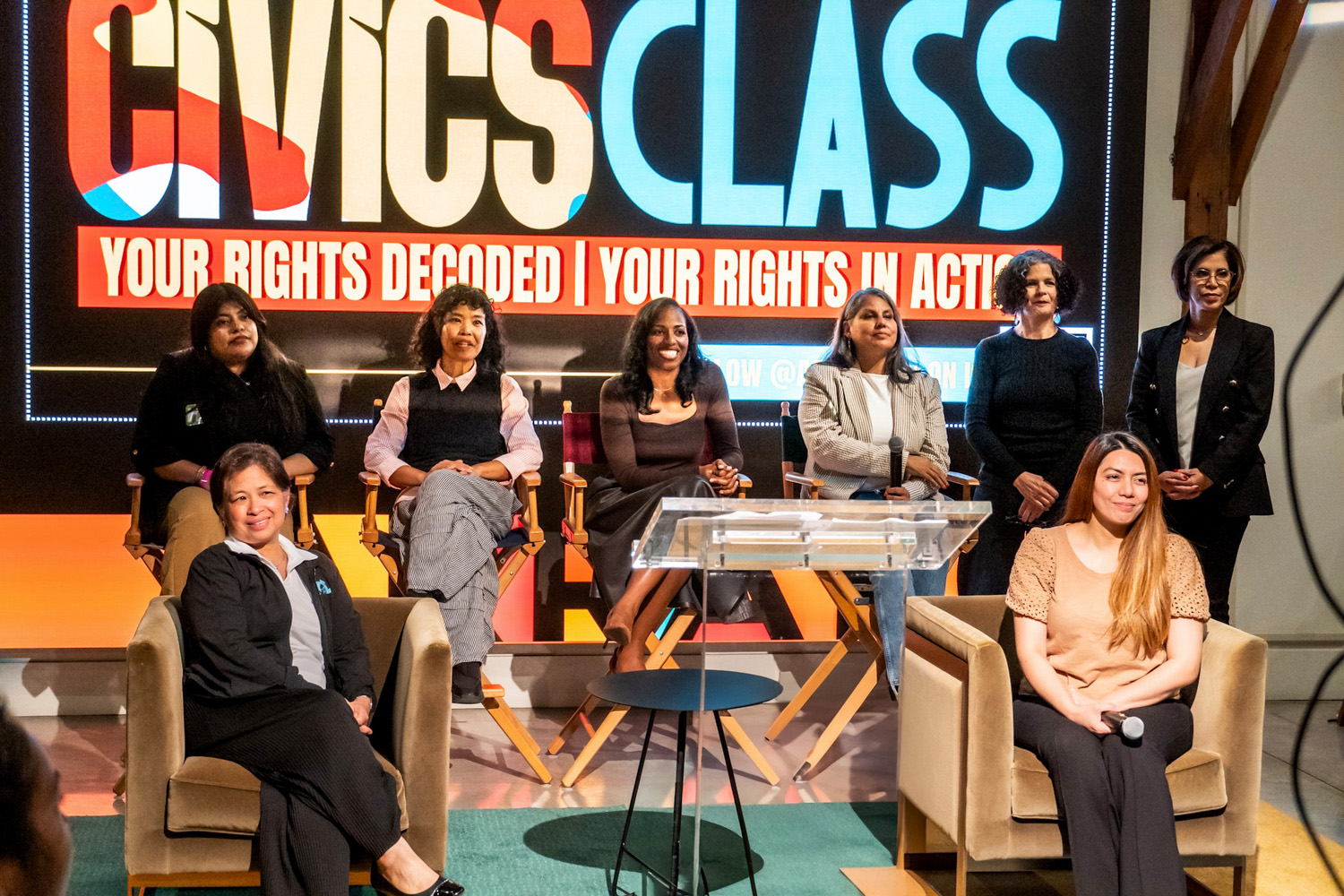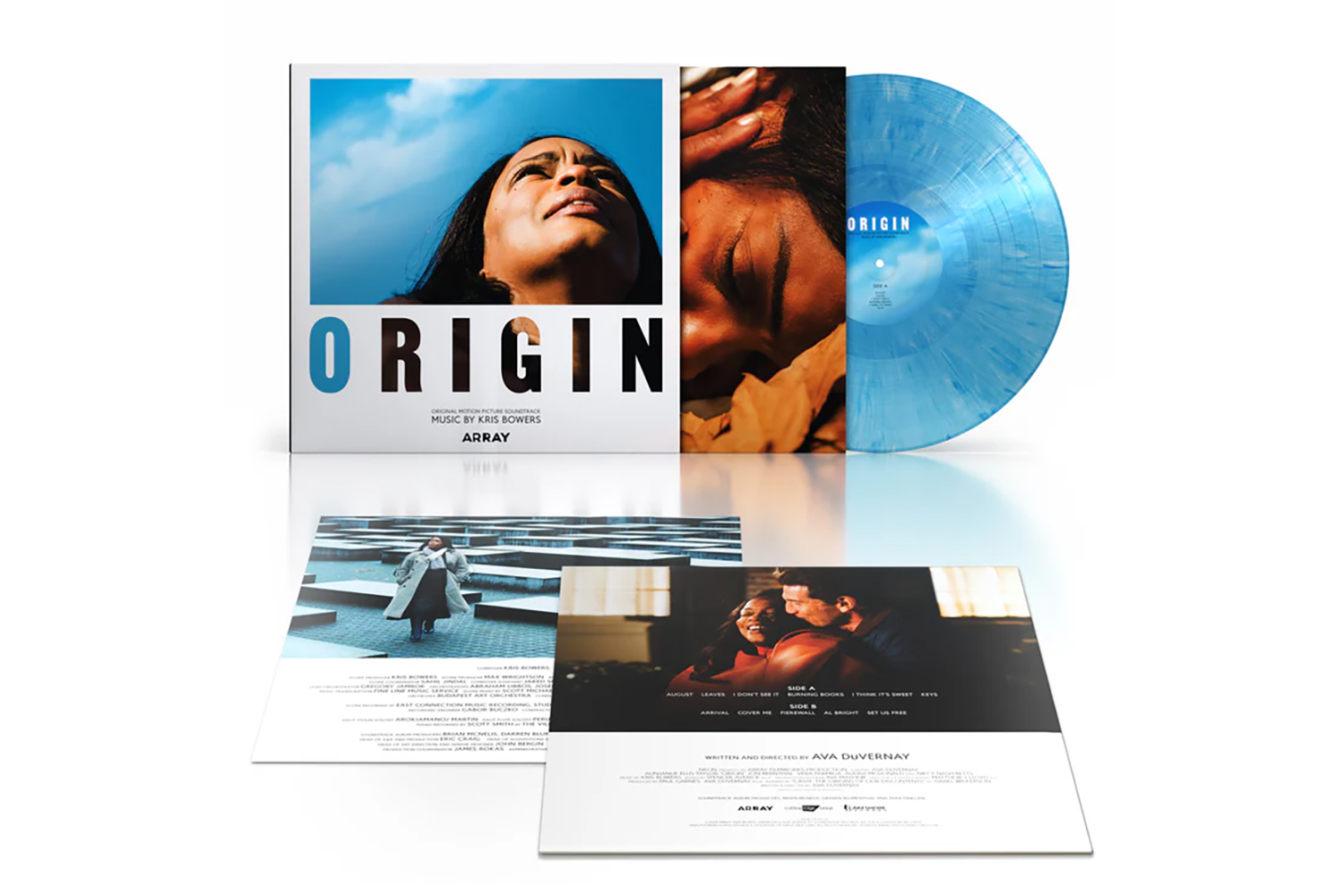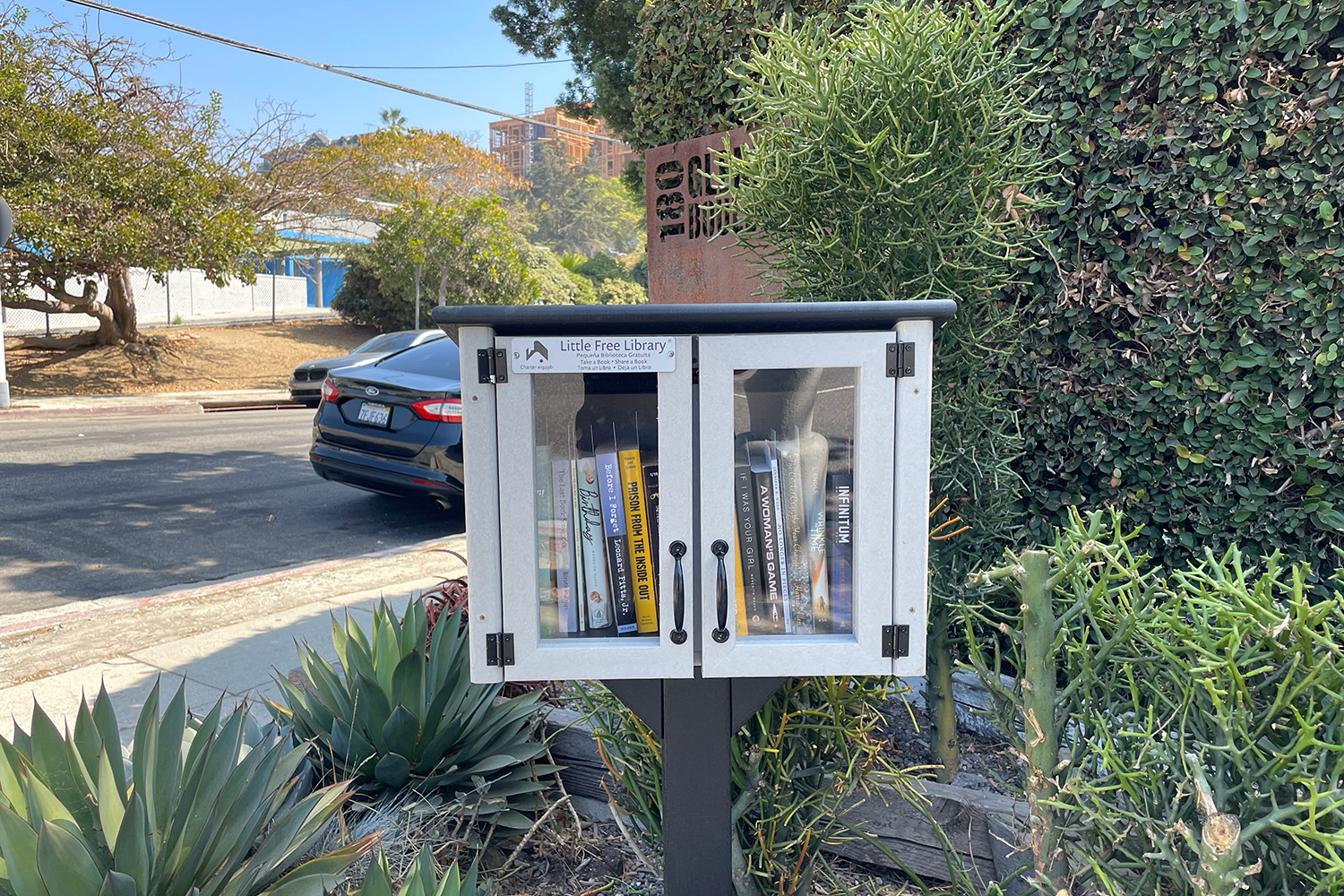Billy Luther’s “Frybread Face and Me” walks a fine line. The story of an indigenous boy’s summer on a Navajo reservation, its tone is light. In the Navajo community it shows, crime and poverty are present, but they don’t come close to defining it. Luther, who is both queer and indigenous, depicts his community with affection, trying to appeal to insiders and outsiders at once. The New Mexico desert is a dusty brown, shot in widescreen long shots, but if “Frybread Face and Me” looks like a Western, Luther, who began as a documentarian, approaches cinema from a far different perspective. Part of that distance is his relative disinterest in storytelling.
“Frybread Face and Me” takes place in 1990, when 11-year-old Benny, partially Navajo, Hopi, and Pueblo, lived with his parents in San Diego. Bookended by murky camcorder clips, its narrated by the same character as an adult. As their marriage collapses, he’s sent to a reservation. His grandmother (Sarah H. Natani) is affectionate, but she speaks to him in Navajo, which he can’t understand. (The film shares his perspective, refusing to subtitle what she says to him.) Life on the reservation consists of days spent herding sheep and building fences. His cousin Dawn (Charley Hogan), nicknamed Fryface, teases him affectionately but clearly. His uncle Marvin, who throws explicit homophobia his way, suffers an accident that makes it necessary for him to use a wheelchair.





